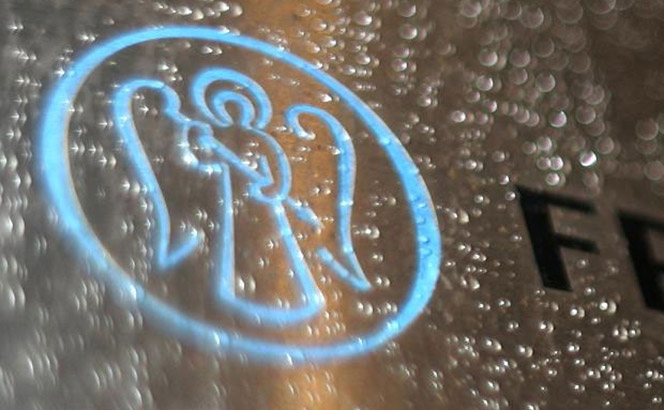Just when Freshfields Bruckhaus Deringer probably thought its #MeToo woes were behind it, a fresh spotlight has been shone on a prominent partner over allegations of misconduct in handling an alleged rape case involving UBS and a Solicitors Regulation Authority (SRA) investigation underway.
The matter came to light on Thursday (13 August) when the The Financial Times reported that influential Freshfields employment partner Caroline Stroud was being investigated by the watchdog for her conduct in dealing with a review of the investment bank’s handling of a rape allegation.
In a statement, Freshfields said only: ‘We refute the allegations’, made against Stroud after she was drafted in by UBS to review the way in which the bank investigated a complaint of an alleged rape victim against a colleague.
Nevertheless, the SRA has seen fit to launch a probe into the allegations, but would not be drawn on the timeframe. A spokesperson for the SRA said: ‘We are investigating before deciding on any next steps. Our work on this matter continues, but we cannot discuss any details about our work while it is ongoing.’
The regulator is reportedly reviewing complaints that Stroud did not make her role in acting for UBS clear to the alleged victim, referred to as ‘Ms A’, something that the firm and Stroud are said to deny.
This will be another unedifying disclosure after restructuring partner Ryan Beckwith was last October fined by the Solicitors Disciplinary Tribunal (SDT) following a referral from the SRA over inappropriate sexual conduct with a junior lawyer.
The saga prompted the firm to usher in reforms to its handling of such behaviour, including financial penalties, at the end of last year.
There is little doubt that the regulator has, having long been accused for years of enjoying too much of a cosy relationship with City firms, taken an increasingly hard line both on lawyers committing misconduct or attempting to cover it up. However, it took the worldwide #MeToo movement that started in autumn 2017 and triggered a wave of uncomfortable allegations, to galvanise the regulator into action.
As incidents of workplace misconduct must inevitably have all but disappeared with the majority of lawyers and clients still working from home amid the Covid-19 pandemic, this latest episode is a sharp reminder that there are several other ways to be implicated in such controversy. It also begs the question – how many other disclosures relating to historic events have yet to be brought to light?













